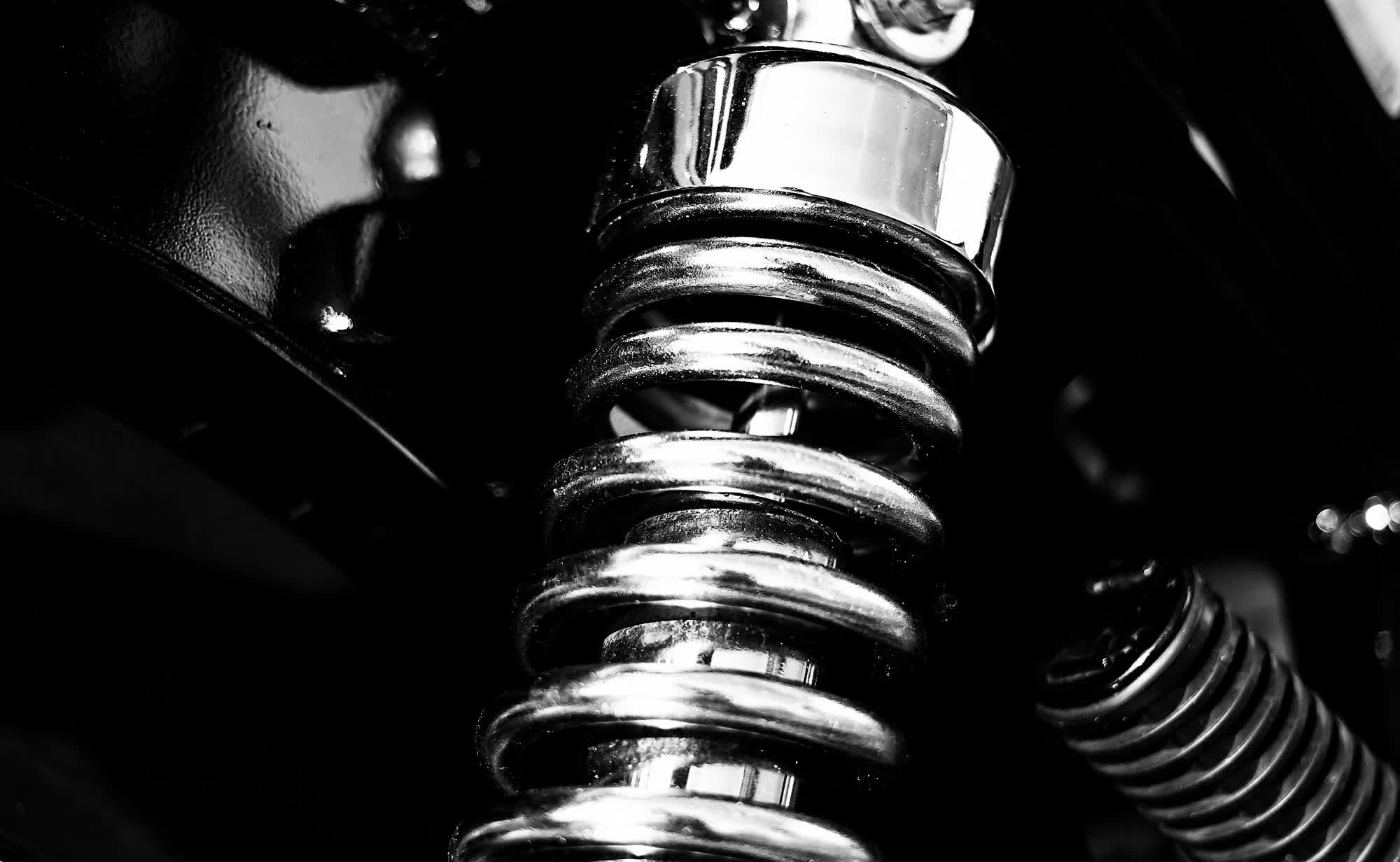Something to look forward to: Known for its high-end audio equipment, Bose also ventured into potentially revolutionary automotive technology years ago. Now, the company's "magic" suspension system appears to be ready for a real-world debut in consumer vehicles.

Bose developed a piece of automotive technology two decades ago that was far ahead of its time. As reported by PC Magazine in 2004, the company created a computer-controlled suspension system designed to replace the traditional shocks and springs found in most vehicles.
Thanks to this innovation, cars could seemingly "float" over rough roads and speed bumps, with drivers feeling virtually none of the jolts or vibrations.
Unfortunately, Bose's technology was deemed impractical – and likely too expensive – for mass-market implementation at the time. As a result, no major automaker adopted the system. Bose eventually spun off its "magic carpet" suspension to a new venture called ClearMotion, which has continued developing the original proactive suspension platform.
ClearMotion is now positioning its computerized suspension system as the future of driving, and a few automotive companies finally appear ready to bring the technology to real-world vehicles. The company's first deal is with Chinese EV manufacturer Nio, which plans to install the proactive suspension in its upcoming ET9 model – potentially introducing up to three million "floating" cars to the electric vehicle market.
ClearMotion also appears poised to partner with Porsche, with the Volkswagen-owned luxury brand expected to implement the proactive suspension system in select high-end models. Nio has already posted a short demo video showcasing the technology at work in an ET9, and it's every bit as impressive as the original demo footage from two decades ago (below).
That original clip featured a modified Lexus LS400 gliding smoothly over speed bumps and tight turns, and even leaping over obstacles in a clearly staged but spectacular "special effects" showcase of the technology's potential.
Bose says it spent decades developing and refining its active suspension system, with work on the control software dating back to 1980. According to the original PC Magazine report, the system was so effective that drivers would feel virtually no movement from the car's chassis – provided the bump was smaller than the actuator's travel range, which was about eight inches.
However, ClearMotion's modern suspension tech is not identical to Bose's original design. The updated system, called CM1, uses a software-controlled electrohydraulic device that continuously monitors and reacts to changing road conditions.
In addition, ClearMotion has developed a system called RoadMotion – a highly precise mapping platform that feeds data to the suspension so it can proactively respond to bumps and imperfections. RoadMotion is reportedly more accurate than GPS and can use previously collected data to generate a localized road profile. This allows the system to fine-tune its response when the vehicle travels the same route again.
Revolutionary Bose auto suspension tech to hit the market after 20 years